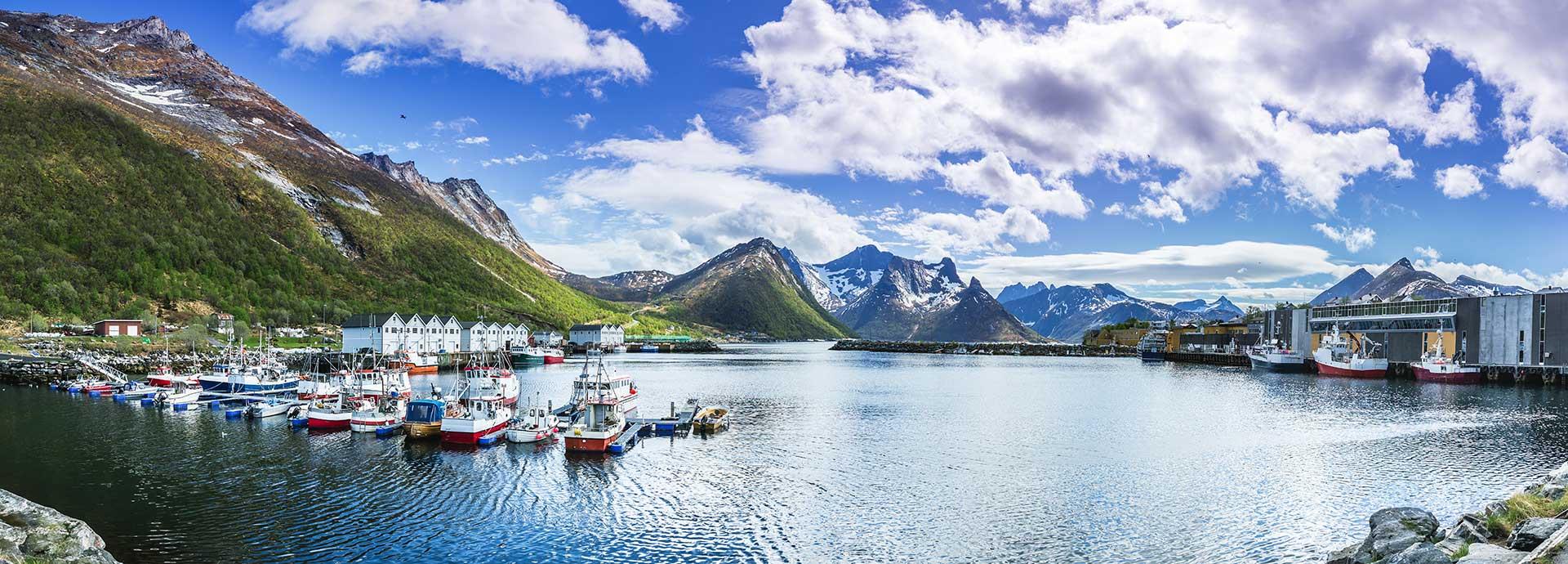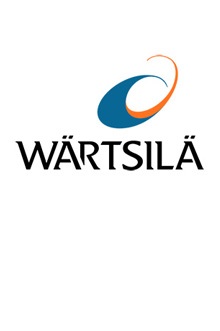

The global fishing industry is faced with the dual challenges of reducing operational costs and increasing its environmental focus. Nowhere is this more apparent than in the North Atlantic fleet, and Wärtsilä is addressing these needs through its offering of highly efficient solutions.
Despite a common misconception that the world’s seas are being emptied of fish through over-fishing by monster trawlers, the fact is that the industry is strictly controlled with international quota regimes. The fishing sector is generally healthy, besides being absolutely necessary in order to feed the world’s rapidly growing population.
It is, however, a diverse industry with fleet owners and operators, large and small, having varying needs and requirements. Nevertheless, there is one issue that is common to all operators, and that is the need to comply with regulations. In particular, environmental sustainability is something that all fleet owners are having to address. The fishing grounds of the North Sea are already in an Emissions Control Area (ECA), and the legislation is likely to become even more stringent everywhere in the years to come.
At the same time, to remain competitive, operations have to be optimally efficient in order to reduce costs. Keeping vessels running well, with less maintenance and better fuel efficiency, is a desire shared by all operators.
Many fleet owners are looking at ways to intelligently optimise their vessels for current and future quotas, tonnage requirements, and general operational considerations. Similarly, there is also the need to be positioned to take advantage of potential opportunities, which means that for many larger operators, there is a desire to have a fleet comprising the latest, fastest, most efficient, and best equipped vessels. In the North Atlantic region, the renewal of fleets has been fairly steady in recent years.
Catching fish is the common goal, but how to do it in the best, most cost-effective, and environmentally sustainable way, in line with all regulations and quota restrictions, is the overriding challenge that the industry is faced with.
Developing the most efficient fleet possible
While regulatory and political developments will undoubtedly continue to affect the future of the industry, so too will changes in fishing itself. For example, should mesopelagic fishing develop into becoming commercially attractive, it could require specialist vessels, or at least, vessels with specialist equipment fitted. Furthermore, if these new fishing grounds are more remote, then rough seas and longer sailing distances could create a need for bigger vessels.
Whatever the future, the winners are likely to be those with the most operationally efficient fleets. This where Wärtsilä’s depth of experience and know-how is proving to be of real value. Wärtsilä has been serving the fishing industry for more than 50 years with equipment and solution deliveries, as well as ship design services. During this time, the company has continued to support a healthy fishing industry by aligning its offering to the needs of the customer.
This alignment comes in the form of upgrading the efficiency and safety aspects of new vessels in comparison to those of older fleets, with new vessels also having less of an environmental impact per ton of fish caught than older ones. It can be seen too in fleet renewal programmes that enhance the onboard work environment, which in turn raises productivity. Likewise, it can be seen in new solutions that lower fuel consumption and create fewer harmful emissions. Although such investments may come with a higher capital cost, the payback in terms of reduced operating costs and less downtime can be significant.
Smart fishing vessel solutions
The rapid development and utilisation of digitally-based technologies is impacting the entire maritime industry, and the fishing vessel market will benefit as much as any other sector from this trend.
Here again, Wärtsilä is leading the way forward. Thanks to its broad and industry-leading portfolio, and its proactive commitment to creating safe and highly efficient smart solutions, the company is already well on the way to making smart fishing vessels a reality. The concept includes complete propulsion solutions, bridge automation, and operating automation systems, reducing both operating costs and the environmental footprint through the implementation of new technologies to raise efficiency levels.
Digital technology is becoming increasingly relevant. Big data can make it easier to predict catch levels during a season, and although this is already being used to some extent, it is a field that is developing fast. Big data can also assist countries to improve their control procedures.
Complete systems integration a key efficiency enabler
Wärtsilä’s strength lies not only in its range of products and systems, but most importantly, in its design capabilities and ability to integrate complete solutions so that everything is optimised to work in harmony with maximum efficiency and reliability.
Shortly after its introduction in 2015, Guinness World Records recognised the Wärtsilä 31 as being the world’s most efficient 4-stroke diesel engine, and it remains so today. The engine is available with various fuels, and is increasingly selected for larger fishing vessels as the hub of an integrated Wärtsilä propulsion arrangement, consisting of a two-step gearbox, propellers and thrusters. The combined solution offers a significant reduction in fuel consumption, and therefore also emissions, as well as greater reliability and lower maintenance costs.
The Wärtsilä two -speed gearbox allows an effective use of the installed propulsion power at lower operating speeds. It does this without impacting the capability to use maximum power when required. Efficiency improvements of between 10 and 20 percent can be expected, as well as a similar reduction in emissions.
For smaller vessels, Wärtsilä offers its well-established and popular six-cylinder Wärtsilä 20 engine, which can be run on conventional liquid fuels, gas, or as a dual-fuel version. Also now available is the high-speed Wärtsilä 14, the most compact engine in its power range, which serves both propulsion and auxiliary genset applications.
Creating innovative vessel designs with the hull form in optimal alignment with the propulsion is another area of Wärtsilä expertise. Integration is the key, so that the entire vessel’s operation is as energy and fuel efficient as possible. Above all, creating ship designs that meet the customer’s precise requirements is always the aim.
Future opportunities
Automated technologies will undoubtedly have an impact on the fishing industry’s future, and in the way that fishing vessels operate. Hybrid propulsion comprising both conventional machinery and energy storage with batteries is becoming a popular trend in many marine sectors, and could well become so also with fishing fleets.
The potential savings in fuel consumption, emissions, and machinery maintenance costs through being able to operate on battery power when feasible, for example when approaching port, make hybrid arrangements an attractive proposition. The Wärtsilä HY is a fully integrated hybrid power module combining engines, an energy storage system, and power electronics optimised to work together through an innovative energy management system. It is the marine sector’s first hybrid power module of this type produced, thereby establishing a new industry benchmark in marine hybrid propulsion.
The advantages of electric propulsion in terms of redundancy include both increased safety, lower emission levels, and less operational downtime.
The availability of alternative fuels will also benefit operators. Wärtsilä led the way in developing LNG, which has virtually no sulphur content and 80 percent less nitrogen oxides (NOx), as a viable marine fuel and we are likely to see LNG-fuelled fishing vessels in the fleets before long. The company is also working to develop sustainable future fuels, such as bio-based and synthetic fuel alternatives. The eventual aim is to enable the development of a zero emissions fishing fleet.
Supporting a healthy fishing industry
Wärtsilä is dedicated to supporting commercial fishing by making it as efficient and competitive as possible. At the heart of Wärtsilä’s Smart Marine approach in reducing ‘waste’ and improving operational performance, is the creation of extremely high efficiency, greater safety, and improved environmental sustainability. Already today, but especially tomorrow, fishing fleets will require all of these benefits.
Did you like this? Subscribe to Insights updates!
Once every six weeks, you will get the top picks – the latest and the greatest pieces – from this Insights channel by email.



